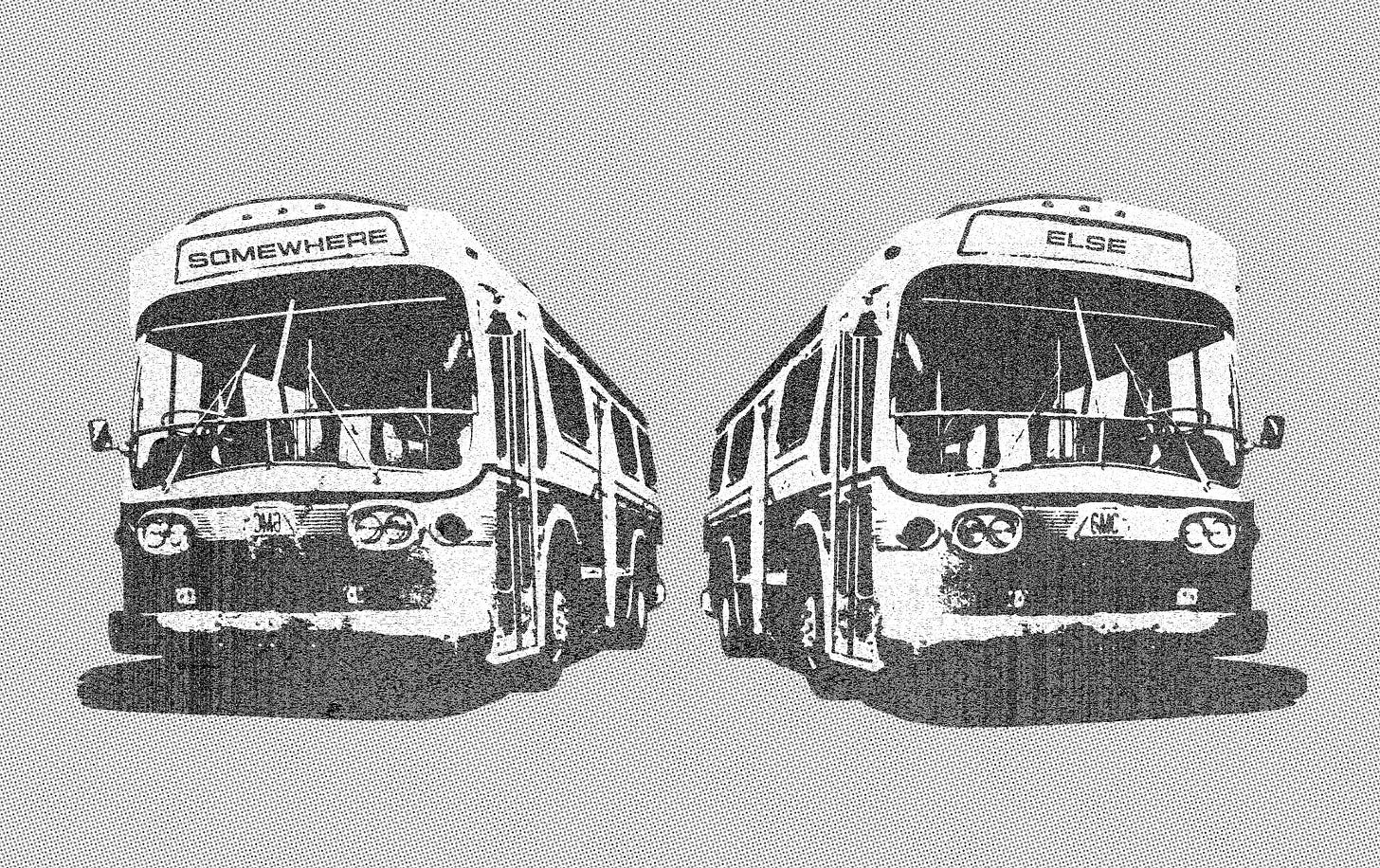At some point in the process of writing The Morgue Keeper, an image appeared to me: amidst a horde of exhausted workers, a blind couple trudging through the dirty blue dawn, all en route to yet another round of seemingly timeless drudgery. I don’t know whether the image was an ancient memory resurfacing after decades of repression, or whether I was imagining it after having immersed myself so long in the days of China’s Cultural Revolution.
Whatever its origin, in my mind the couple stood out in terrible relief, their ragged clothes, their grimy gray textile-worker’s caps, their battered shoes, the heavy bag on her shoulder, his bamboo stick tapping and sweeping. I saw their broken steps, their pale flitting eyes. Over and over I heard the woman shouting her desperate refrain: “Is the bus here yet?”
Her words began to haunt me. It became clear that this was a scene I had to write, though for a time I couldn’t say why. But th…



